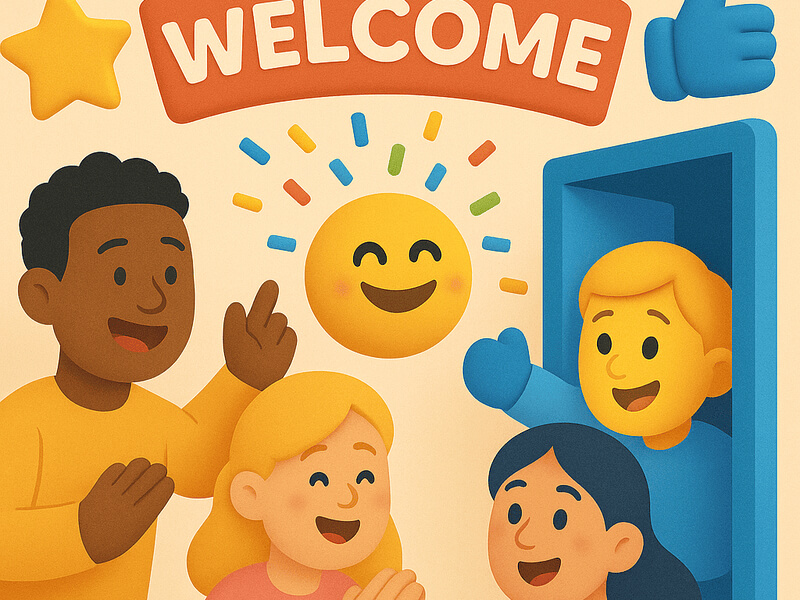
Many positive benefits come as a direct result of implementing peer-to-peer recognition, and more companies are beginning to see the benefits that lie within it. In today's post, we'll discuss many of the benefits of peer-to-peer recognition, and hopefully, help teach you a thing or two about employee recognition as a result.
Benefit 1: Peer recognition gives employees an equal voice
One of the benefits of peer-to-peer recognition is giving employees an equal voice. There's often a power struggle between management and labor, with management making all of the decisions. When managers make all decisions for their subordinates, they may sometimes overlook issues that the workers have to deal with on a day-to-day basis.
Fellow employees recognize these issues as being important because they face them daily; however, upper-level staff may not understand why those concerns are so. Peer-to-peer recognition helps to eliminate some of this divide, bringing these two groups together by sharing benefits and grievances.
Benefit 2: Peer recognition enhances work performance
Peer-to-peer recognition benefits not just the workers who receive it, but also the business as a whole by enhancing work performance. When employees feel like they're part of a team and that their opinion matters, they become more engaged employees and will more effectively accomplish great work. Not only do they care more about their work, but also understand how to support their peers better as well through meaningful recognition and encouragement.
Benefit 3: Peer recognition promotes a team spirit
Another benefit that comes from peer-to-peer recognition is a boost in employee morale and motivation, but specifically as it pertains to building teamwork and camaraderie amongst employees. Having a high team spirit is a healthy trait for businesses to possess, as when workers feel a part of the same team, they'll also share benefits. Peer-to-peer recognition is an effective way of boosting morale through peer appreciation and encouragement, which also improves employee engagement, employee happiness, and overall better workplace culture.
Benefit 4: Peer recognition improves relationships among peers
Peer appreciation and encouragement also go a long way with helping to improve relationships between peers at work, which benefits everyone involved within the department or company as a whole. Employee happiness will be higher when they get along better with their coworkers and will improve the overall employee experience.
Benefit 5: Peer recognition improves Employee Retention
Another benefit that comes from peer-to-peer recognition is improved employee retention rates amongst staff members. When employee satisfaction is high and workers feel valued, there is a lower employee turnover rate which can save a business thousands of dollars later down the road. Calculate how much employee turnover costs your business. And when workers receive social recognition from their peers, many times it can have a positive impact even outside of the workplace as well.
The worker may feel better about themselves, which benefits their personal life quite a bit. They will also be happier with their job overall because of things like benefits three and four listed above, which benefits them financially long term due to benefits seven through twelve shared below.
There are benefits to any reward system, but the benefits of peer-to-peer recognition within the workplace are endless. Companies recognize the importance of having a healthy work environment. Therefore, more companies are beginning to implement systems like peer-to-peer recognition that benefit each individual involved within an organization.
If you're interested in implementing peer recognition ideas into your business after reading this post, then you might be interested in Matter. A completely free Slack app, Matter allows employees to send Kudos to peers and offer constructive feedback remotely, and can positively affect the workplace by promoting a healthy work environment. Consider trying Matter for free today!
























